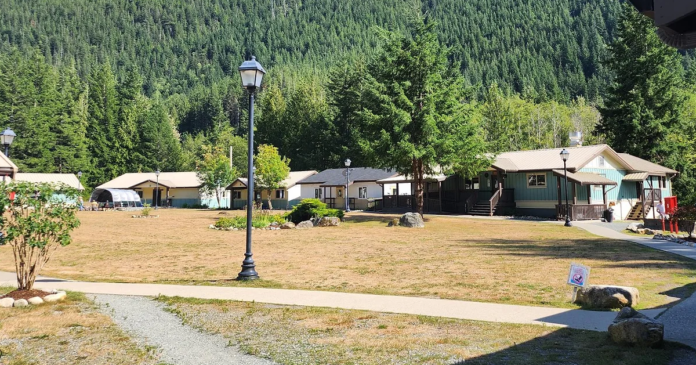“Founder of Addiction Recovery Program in BC Raises Concerns Over Funding Discrepancy
Richard Korkowski, founder and co-executive director of Joshua House in Chilliwack, British Columbia, is shedding light on the funding gap between his facility and those that allow drug use. As an addict in recovery himself, Korkowski is passionate about helping men struggling with addiction at Joshua House.
Funding Disparity: The Cost of Recovery
Joshua House receives $35.90 per day per resident from the provincial government to cover essential expenses like accommodation, meals, staffing, and counseling. However, Korkowski reveals that it costs around $1,400 per month to house a resident, leaving a significant fundraising gap of about $288 per resident per month. This financial strain amounts to almost $376,000 annually, highlighting the challenges faced by the facility.
Supportive Housing vs. Recovery Programs
Korkowski points out that supportive housing facilities allowing drug use receive $100 per day per resident, yet lack structured programming and support for addiction recovery. He emphasizes the stark contrast between Joshua House’s comprehensive approach and the limited services provided at supportive housing facilities like single-room occupancy hotels. Despite this, the discrepancy in funding remains a pressing issue for Korkowski.
The Harm Reduction Debate
While supportive housing providers advocate for a harm reduction model, Korkowski challenges the effectiveness of this approach. He questions the reduction in harm, citing increasing overdose rates, HIV, Hepatitis C infections, and homelessness among users. Korkowski’s skepticism of the harm reduction strategy reflects his commitment to a drug-free environment at Joshua House.
Future Outlook and Challenges
Despite promises of a funding increase to $60 per day per resident from the BC government, Korkowski remains wary of potential strings attached. Past experiences have shown that funding raises often come with additional requirements that strain resources. As Korkowski prepares for the changes in July, he continues to prioritize fundraising efforts to sustain the operations of Joshua House.
In conclusion, Richard Korkowski’s advocacy for addiction recovery and his commitment to providing a supportive environment at Joshua House sheds light on the complexities of funding disparities in the healthcare system. The ongoing debate between harm reduction strategies and recovery-focused programs underscores the need for a balanced approach to address the multifaceted challenges of addiction in society. As we navigate these issues, it is essential to consider the diverse perspectives and experiences of individuals like Korkowski who are dedicated to making a difference in the lives of those struggling with addiction.”
Reference















